This Time: Australia’s republican past and future
Redback, $22.99 pb, 222 pp, 9781760640347
This Time: Australia’s republican past and future by Benjamin T. Jones
In the lead-up to the 1999 republic referendum, historian John Hirst published a short guide to Australian democracy and law. ‘This is not a textbook,’ he wrote in the preface; rather, he intended it to be a ‘painless introduction’ to the system of government that had formed in this country under the British monarchy. He did not hide his republican tendencies: ‘The book will still have served its purpose if readers quarrel with it.’
Almost twenty years later, with the failed referendum now a fading memory, historian Benjamin T. Jones has written a short, passionate book in a similar spirit. This Time: Australia’s republican past and future is not a textbook; nor a history of republicanism: rather, it is ‘one long argument’ about why an Australian should be Australia’s head of state. And although there is plenty to quarrel about within it, it will serve its purpose well if it ignites a national conversation about an Australian republic.
In the first half of the book, ‘The Past’, Jones offers a rich, anecdotal overview of the republican movement in Australia, a subject intensively analysed by Mark McKenna in The Captive Republic (1996). It is a story of fantastic visions and unfulfilled dreams, and the book moves rapidly from John Dunmore Lang’s plans for a ‘United Provinces of Australia’ to Malcolm Turnbull’s ‘deafening silence’ about the subject today.
Britain’s withdrawal from Australia’s sphere of interest in the mid-twentieth century catapulted the nation into a crisis of identity. Jones draws on Stuart Ward and James Curran’s book The Unknown Nation (2010) to navigate Australia’s fumbling efforts to find national meaning and symbols in the new post-imperial void. But unlike The Unknown Nation, which emphasises the lingering ambiguity about Australian identity in the wake of empire, Jones asserts a clear vision of ‘what Australian-ness really means’ today. ‘New Australia has no clear birth-date,’ he argues, ‘but surely we can agree it has arrived.’
So what does ‘New Australia’ mean to Jones? What is his particular brand of patriotism? We get some more answers in the second half of the book, ‘The Future’, which is a series of practical essays on the necessary next steps in the republican movement.
Jones’s national vision echoes that of an earlier generation of republicans. He delights in the ‘sunburnt soil’ of ‘this diverse and lucky country’, and he identifies a ‘sense of pride and uniqueness … even among the first generation of native-born Australians’: ‘Their heritage was British but their Australianness was palpable.’ He sees a republic as an opportunity to ‘adorn this nation in symbols that speak of freedom, justice and inclusion’, and he urges his fellow citizens to ‘get better at celebrating our achievements’, such as our democratic system. To stimulate discussion, he puts forward ideas for a new preamble to the Australian constitution, a new flag, and a new title for Australia’s head of state.
But how are we to agree on this new republican regalia? Jones’s answer is a simple, recurring mantra: let democracy rule. He will support whichever symbols the Australian people choose. ‘I sometimes joke that you could make a flag with Shane Warne eating a meat pie and smashing a VB and I’d salute it.’
In the age of Brexit, Donald Trump, and Boaty McBoatface, it is surprising to find someone with such absolute faith in national ballots. The cause of Jones’s magnanimity is twofold. He is determined not to repeat the mistakes of the 1999 referendum, where internal division derailed a popular movement. Unity is key. There is also an undeniable sense of righteousness to his cause: a missionary zeal. As he writes of his republican heroes, ‘Fighting for an Australian republic is a supreme act of patriotism, and future historians will honour the women and men who did the heavy lifting that transformed a noble dream into a glorious reality.’
 Benjamin T. JonesIn an earlier, co-edited book, Project Republic (2013), Jones wrote with Mark McKenna of the republican movement as an opportunity for ‘national renewal’. A republic, especially a ‘reconciled republic’, could ‘make us feel differently about one another and the country in which we live’. In This Time, however, Jones’s focus seems to have drifted to a tamer republican vision: a simple matter of ending an anachronistic system and updating our national paraphernalia. Indeed, Jones even questions the centrality of Indigenous history and culture in forging new national symbols. ‘Our current flag reserves a privileged position for Britain,’ he writes. ‘It would be against the spirit of a flag for all Australians to replace that with another privileged position.’
Benjamin T. JonesIn an earlier, co-edited book, Project Republic (2013), Jones wrote with Mark McKenna of the republican movement as an opportunity for ‘national renewal’. A republic, especially a ‘reconciled republic’, could ‘make us feel differently about one another and the country in which we live’. In This Time, however, Jones’s focus seems to have drifted to a tamer republican vision: a simple matter of ending an anachronistic system and updating our national paraphernalia. Indeed, Jones even questions the centrality of Indigenous history and culture in forging new national symbols. ‘Our current flag reserves a privileged position for Britain,’ he writes. ‘It would be against the spirit of a flag for all Australians to replace that with another privileged position.’
Jones makes a powerful case that a republic is overdue, but there is little sense in This Time that it could be a transformative moment for Australia. He is primarily concerned with the mechanics of the republican movement – with winning the argument. His approach comes through most clearly in the chapter ‘Muddled Monarchists’, which is written as a debating playbook. ‘I challenge you to put this to monarchists when you speak to them,’ he urges his readers. ‘Be relentless on the point. Do not let them change the topic.’
John Hirst’s 1998 volume, Discovering Democracy, is still used in schools today. Whether This Time endures so well will have a lot to do with whether Jones wins his argument.
A road to the republic has been mapped out before us. But what kind of republic do we want to be? We desperately need a new narrative in the twenty-first century.


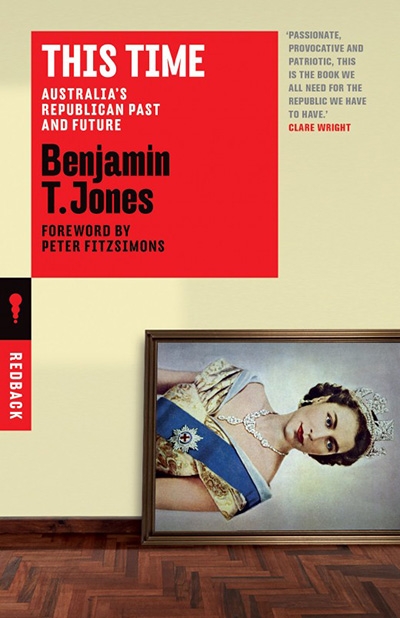
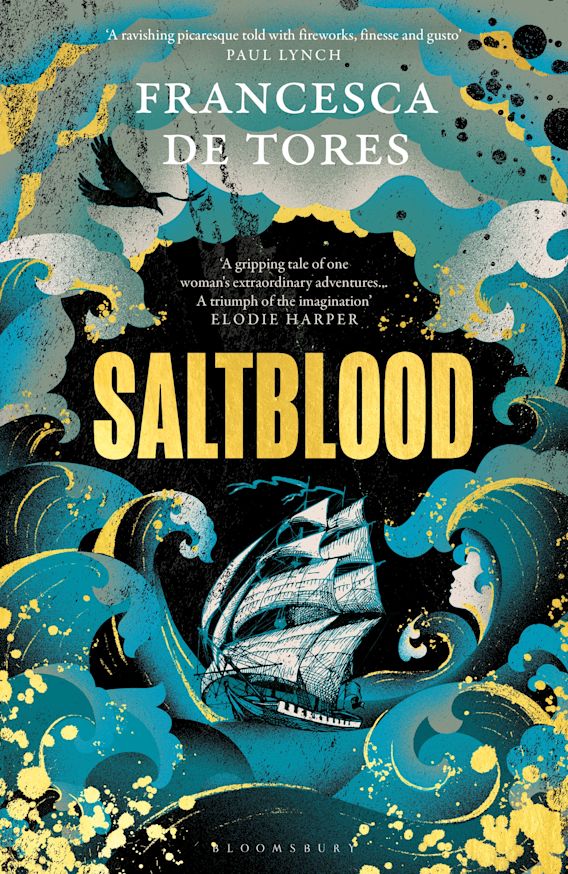
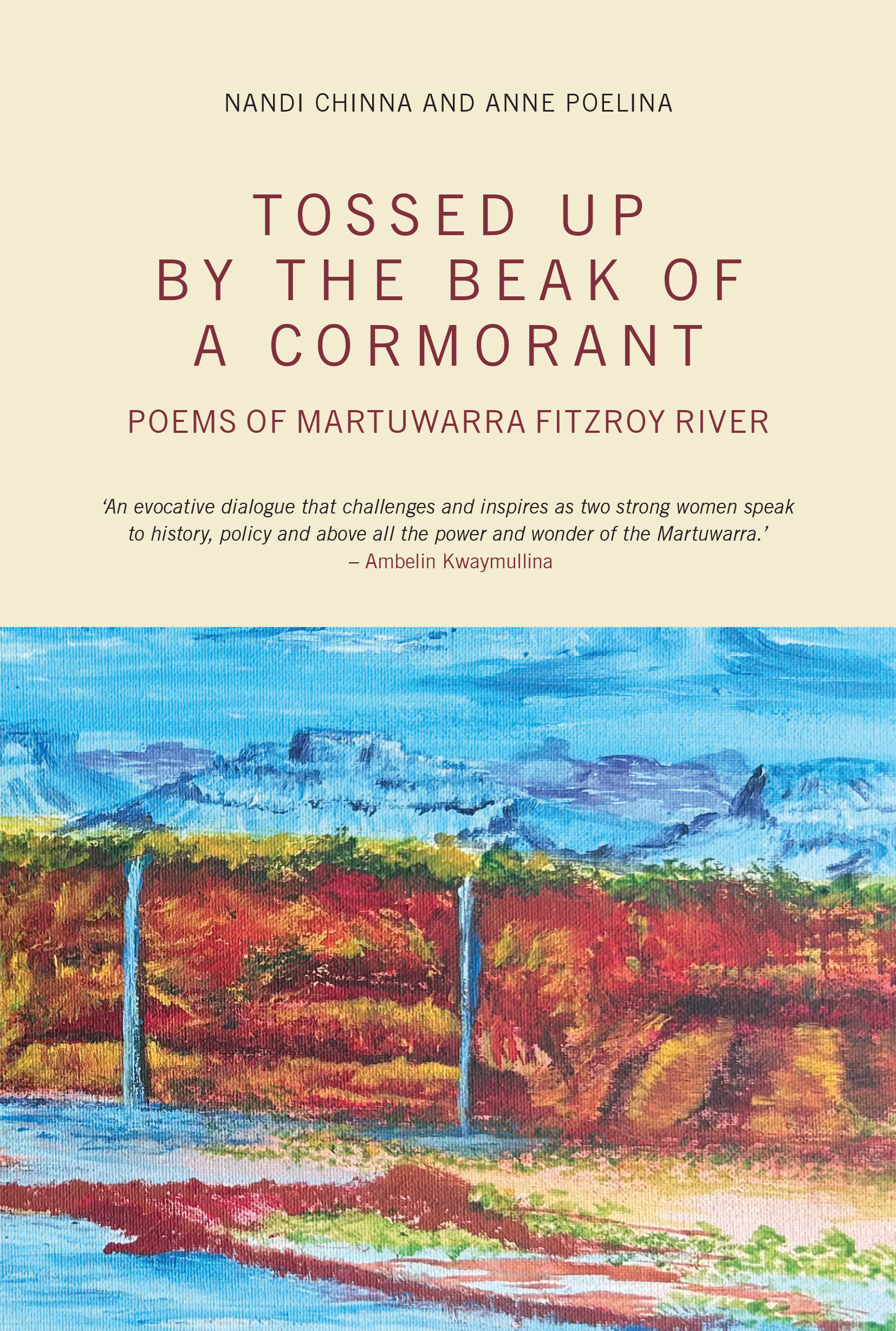

.jpg)
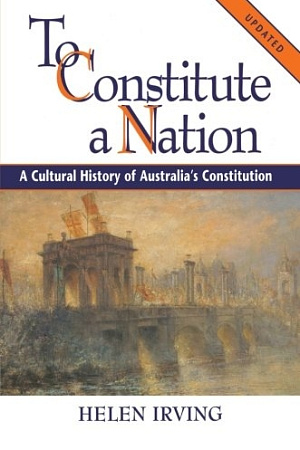
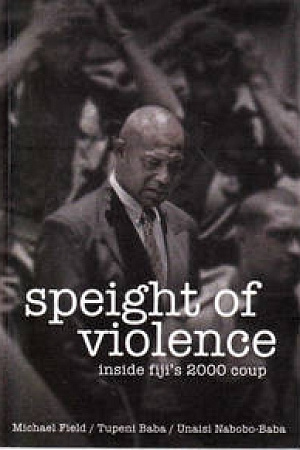
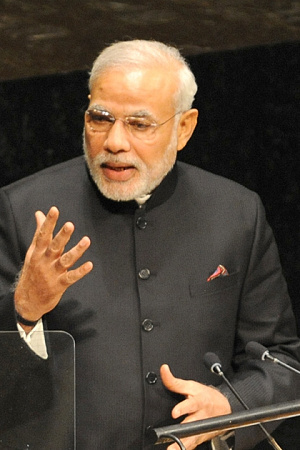
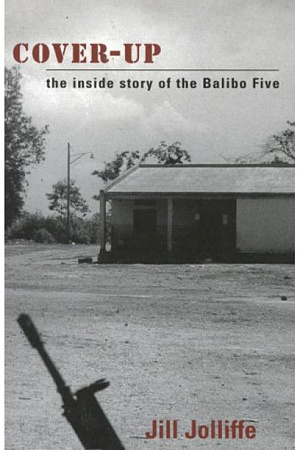
Comment (1)
Leave a comment
If you are an ABR subscriber, you will need to sign in to post a comment.
If you have forgotten your sign in details, or if you receive an error message when trying to submit your comment, please email your comment (and the name of the article to which it relates) to ABR Comments. We will review your comment and, subject to approval, we will post it under your name.
Please note that all comments must be approved by ABR and comply with our Terms & Conditions.